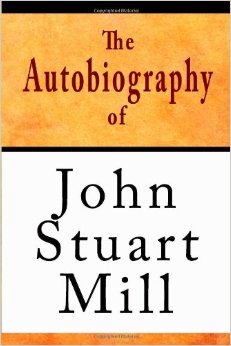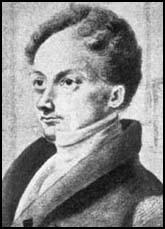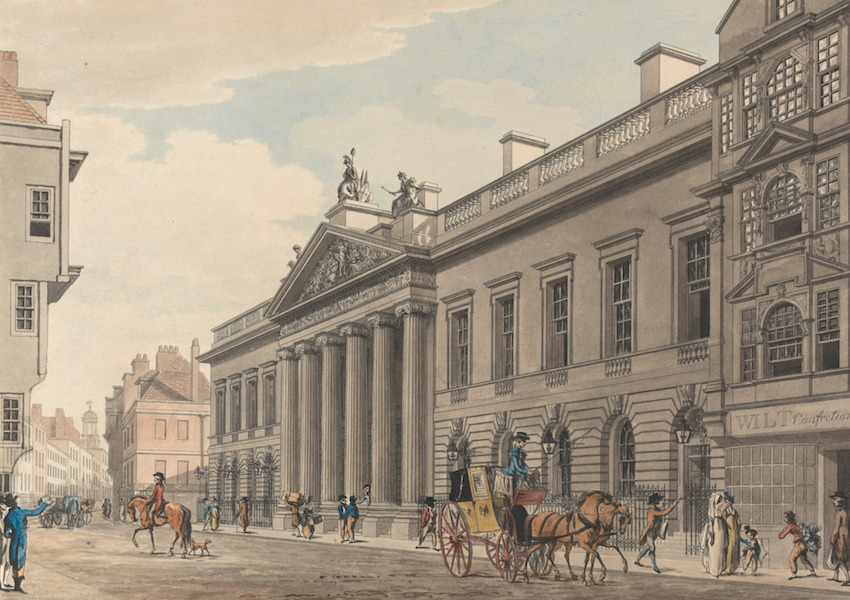Reading Nicholas Capaldi’s biography of John Stuart Mill put me in mind of Mill’s ‘Autobiography’ and I found I had it on Audible already, so the rest was easy, well not quite. See below for some comments on using the Audible app.

Although his voice was a clarion for social equality and personal responsibility, generations of students have since been taught to despise John Stuart Mill as a progenitor of evil liberalism.
Sounds odd I know, but since the 1960s jaded intellectuals have made careers biting the hand – liberalism – that feeds them, having insufficient imagination to do anything creative themselves. When these pygmies are long gone, John Stuart Mill’s books will still be read; that will be the judgement of history. It is little wonder that the feeding hand has gradually lost enthusiasm for subsidising intellectuals.
Mill started to write the ‘Autobiography’ when he had a nervous breakdown early in life and then went back to it later. In addition, Harriet Taylor had a hand in editing it. Many PhDs have been earned trying to figure out when Mill wrote portions of it, and what Taylor took out or put in. The Audible version I listened spared me this Pin-HeadeD detail.
The early chapters are a description of the childhood of this prodigy with an emphasis on his father’s method of educating him. It is exhausting to listen to the account, the more so knowing, as he must surely have himself known in retrospect, that most of it was meaningless. Prodigious, yes, but neither lasting or meaningful. He may have read in Greek Plato’s ‘Apology’ at five years of age, but he did not understand it. So, too, with much else in this force-fed education, which was all work and no play everyday for years on end.
 James Mill
James Mill
One unintended consequence of this gruelling education was that Mill was THE hyper-nerd. He grew up in a hot house that he seldom left until he was a late teenager when he went out of the house to go to work at the East India Company where he toiled for his father.
 East India House
East India House
He was in his father’s shadow for much of his life everyday, socially, intellectually, and morally. It is painfully apparent to an auditor of the ‘Autobiography’ that Mill had no friends. He had peers; he had colleagues; he had associates; he had debaters and opponents. But he had no friends, which he as much as says more than once, though he uses the term ‘friend,’ it usually means someone he knew, and nothing more intimate. He had no interests but the unforgiving logical analysis of important matters learned from and constantly reinforced by his father. This is not the person to sit next to at dinner. He could debate the great issues of the day but he could not make small talk, or show any interest in pictures of a seat-mate’s children. A cold fish, I would guess. Ready to beat you to death in argument and inept in passing the butter, because he never played any boyhood games meant he had zero physical dexterity, something he himself notes twice in the ‘Autobiography.’
Chapter Five (5) is superb. In it Mill reflects on his many and varied experiences, and knocks off some bon mots as only he could. He paraphrases Thomas Hobbes’s remark that ‘When reason is against a man, he retaliates by being against reason’ which made me think of all those deniers (climate change, Catholic Church pedophilia, Holocaust, Greek debt, etc.). I listened to this while walking the dog, pushing pedals at the gym, or taking the train, so I could not take notes or mark-up the text.
HIs conclusion in this chapter is that political theory is best confined to a few principles which would allow inferences to be drawn in particular circumstances, rather than trying to lay down a single ideal institutions. Mill lost faith in a singularly unified theory and recognised the inescapable influence of context. Under the influence of Alexis de Tocqueville, Mill wanted the deductions to be based on facts, hence I referred above to inferences and not deductions.
Likewise, Mill concluded that perfect political institutions were of no value in themselves. The underlying social order was decisive. The most perfect political institutions would be hollow shells unless the society valued and embraced them for their purposes. To make a comparison, the church may be full, but do they really believe and act like Christians everyday in every way?
Mill once fancied himself ‘a reformer of the world,’ but during his depression, he asked himself this question: If all the material and moral ideals he espoused were realised in the world, would he then be happy? No, he answered. He concluded that happiness if not an end in itself, but rather a by-product of purposeful activity. Both trip and arrival are important.
In Chapter Six (6) Mill refers to Mr. Warren and the villages he set up. It was a passing reference but I want to see it in the printed text when the copy I ordered arrives. I found a reference to Warren and his villages in a history of anarchism. Mill’s praise for Warren villages is odd, since Mill knew nothing about them, not even if they existed. So much for Tocqueville’s influence.
Later in Chapter Seven (7) he refers to the Hare-Clarke voting system as the salvation of representative government over several pages. I have passed these passages on to Anthony Green. Likewise there is also in this chapter a reference to multiple votes for the educated, rather than the propertied, and I must get that and send it to Glyn Davis who once asked me about my comment, somewhere, on Mill and multiple votes. In the ‘Autobiography’ Mill says he proposed multiple votes in a submission; I have since tracked it down and will pass it on in due course.
There are some odd things about the ‘Autobiography’ to be sure. Mill never mentions his mother though there are many, many references to his father who died when Mill was thirty (30). It would seem his father had those nine (9) children all by himself. James Mill was a formidable fellow but he was no hermaphrodite. While there are only a few early references to Mill’s work for the East India Company. Yet Mill specialists have some strange stories about his habits at work.
This review affords an opportunity to correct some errors I made in the review of Capaldi’s biography. It was not Bentham that introduced Mill to poetry. Several peers led him to poetry. I also said he was called a Mechanical Man, not quite, but rather a Manufactured Man by some who found the analytical engine of his mind artificial and inhuman.
I found this Audible reading to be unsympathetic. It sounded almost mechanical, phrases of equal length and inflection followed one another without regard to the content. Perhaps that is partly a fault of Mill’s writing style, which is replete with dependent, relative, and embedded clauses with asides and comparisons which makes it precise but it does not flow.
Not quite easy I said, because Audible kept dropping out, asking me to log in again, resetting the book mark, and so on. None of that is easy when using the iPhone while dog walking. No doubt I brought this on myself, somehow. But it was annoying, and a lesser man might have quit.
Skip to content
